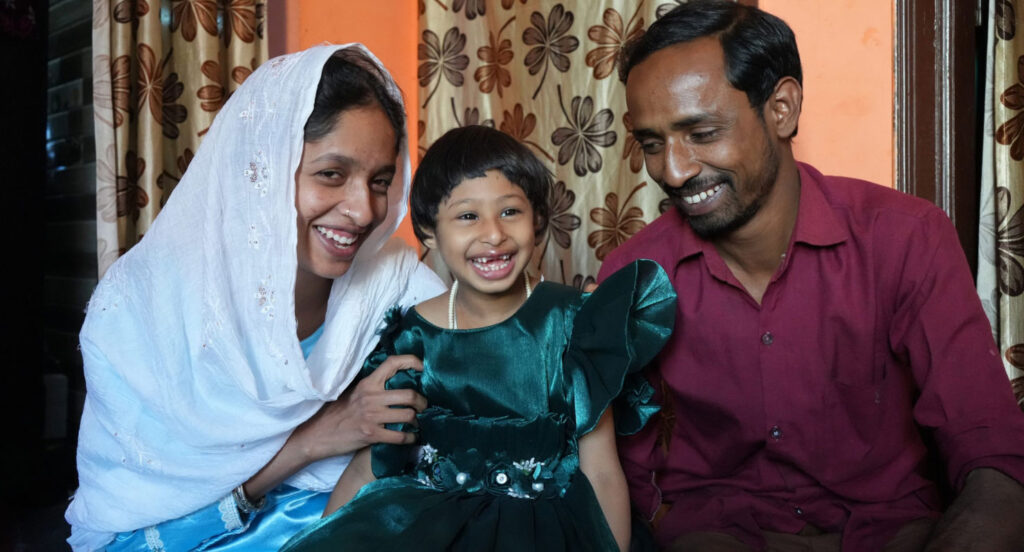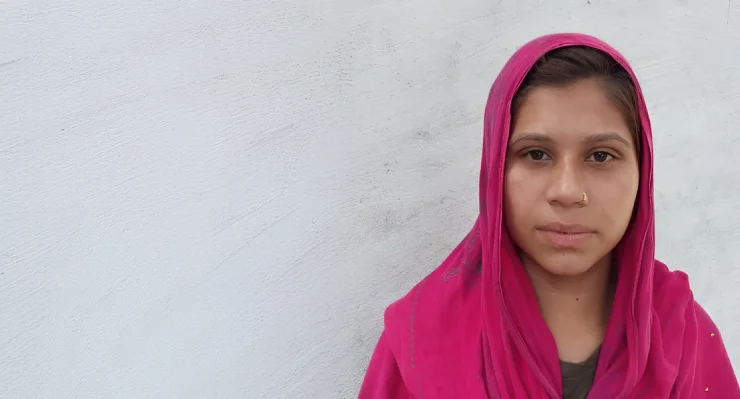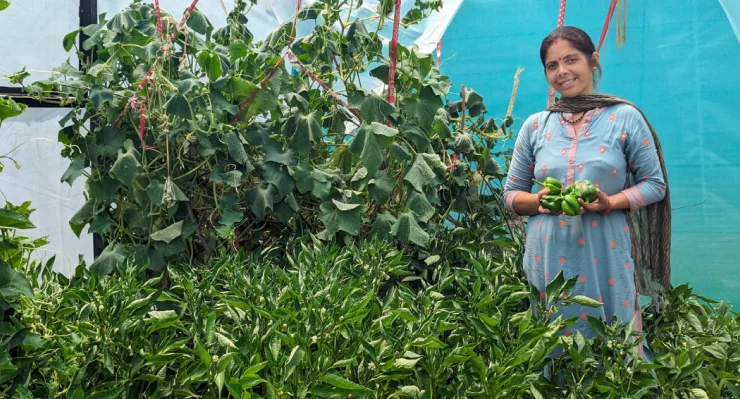Baidei is a 25-year-old woman with multiple disabilities who lives with her mother and four brothers. The brothers and families take turns caring for her and their mother every month. The family’s primary source of income is from growing crops such as cotton, paddy, and onion. With the meagre income, the cost of healthcare due to drinking contaminated water is an added burden to Baidei’s family. In the past, they used firewood to boil their water, which was time-consuming and resource intensive. Recently, the family received a WADI device through the intervention of CBM India, which has greatly benefited the family.
Our Safe Drinking Water Management & Sustainability project is designed to improve the health of households through safe drinking water practices. This project is helping nearly 2,000 families, including 200 individuals with disabilities, in 15 villages of the Balangir District in Odisha, India. It directly supports the Sustainable Development Goals 3 (Good Health and Well-Being), 6 (Clean Water and Sanitation), and 7 (Affordable and Clean Energy).
As part of this project, 2,000 WADI devices and bottles have been distributed to families. WADI is a UV indicator device that uses natural UV radiation to disinfect water contaminated with bacteria, viruses, and other pathogens. This method stores water in transparent containers and exposes it to direct sunlight. The WADI device determines when the water has been adequately disinfected and is safe to drink. It is easy to use, requires minimal maintenance, has no spare parts, and is environmentally friendly. A wide range of people, including individuals with disabilities, can use it.
The device helps them skip boiling the water, saving them time, effort, and firewood, and improves the quality of drinking water. Baidei’s sister-in-law expressed gratitude for providing them with the device that has made their daily life easier and the family healthier.
In addition to distributing the WADI devices, we also raise awareness in the community about rights and entitlements related to water and sanitation, as well as government schemes that can help ensure safe water for everyone, including persons with disabilities. This project aims to reduce the prevalence of waterborne diseases in the community, which will help reduce medical costs and improve the overall health of families. It will also save them a lot of time and effort by reducing the need to boil water using firewood.



